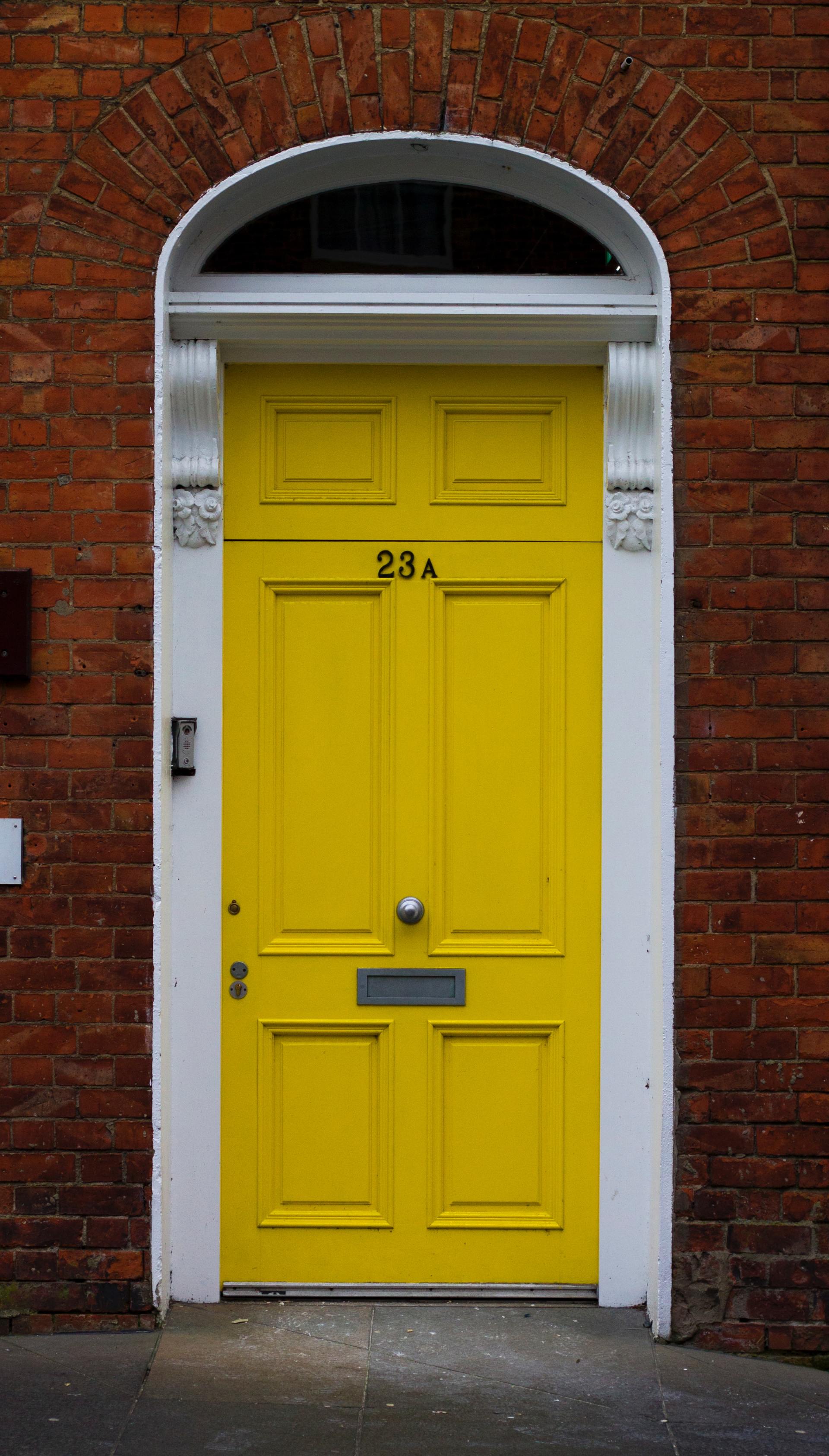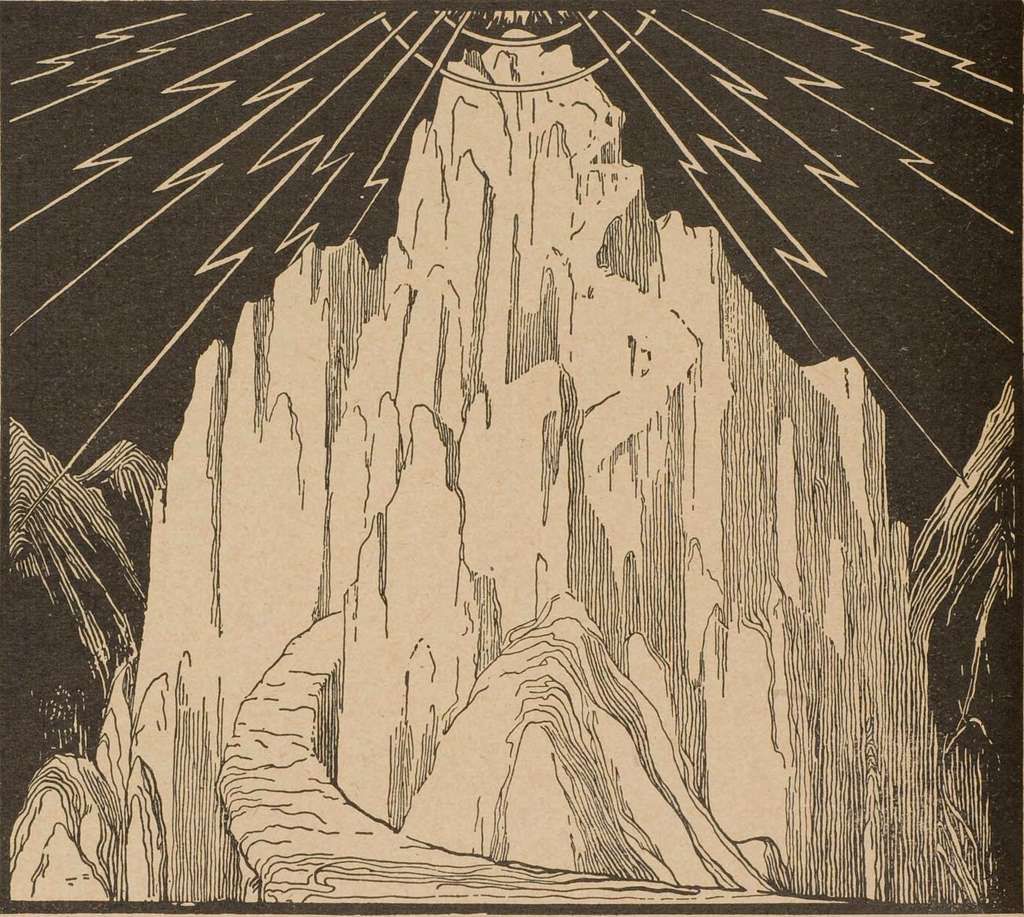Lord, keep my status as a doorkeeper
Part 2 of Identity and Beholding Christ: It’s either symphony or silence
Psalm 84: My Soul Longs for the Courts of the Lord
How lovely is your dwelling place,
O Lord of hosts!
My soul longs, yes, faints
for the courts of the Lord;
my heart and flesh sing for joy
to the living God.
Even the sparrow finds a home,
and the swallow a nest for herself,
where she may lay her young,
at your altars, O Lord of hosts,
my King and my God.
Blessed are those who dwell in your house,
ever singing your praise! Selah
Blessed are those whose strength is in you,
in whose heart are the highways to Zion.
As they go through the Valley of Baca
they make it a place of springs;
the early rain also covers it with pools.
They go from strength to strength;
each one appears before God in Zion.
O Lord God of hosts, hear my prayer;
give ear, O God of Jacob! Selah
Behold our shield, O God;
look on the face of your anointed!
For a day in your courts is better
than a thousand elsewhere.
I would rather be a doorkeeper in the house of my God
than dwell in the tents of wickedness.
For the Lord God is a sun and shield;
the Lord bestows favor and honor.
No good thing does he withhold
from those who walk uprightly.
O Lord of hosts,
blessed is the one who trusts in you!
A few terms to take care of first:
Zion: In Jerusalem where the temple was; where God dwelled
Highways to Zion: The road they traveled to get to the temple/Zion
Valley of Baca: Literal translation is “weeping”; a desert they had to pass through to get to Zion
Do you long and faint for God?
In this Psalm, God’s people are on a pilgrimage to worship at the temple; we can look at it from a pre-Jesus perspective that God is not yet dwelling in their hearts. We are still in the old covenant here, so they must appear before God at the temple to atone for their sins—Zion.
They are getting to approach a place where God dwells and they faint for it.
They long for it.
Their hearts and flesh are singing for joy—unrestrained at last! They would literally rather be dwelling with God for one day than 1,000 days anywhere else.
Don’t let that just roll past you. Use your imagination and think about these things. Does your identity involve fainting for and longing for God? Is your singing unrestrained? How do you view God here?
Knowing God + reflecting God = beholding God
So, let’s use this as a case study for beholding God (in Part 1 of this blog, we considered knowing God + reflecting God = beholding God).
- They know God.
They know what is in store for them when they get to the temple—his forgiveness. The very place God dwells is lovely because God is there. He is their LORD of hosts/armies. They know God so well that they long and faint for him.
They know him as their shield—they trust him. They know the God of their own lives and the lives of one another so well that they would rather be identified as a doorkeeper in God’s house than be part of the inner circle of something separate from God. They know he is the source of goodness and that their trust is never in vain.
This is something we try to instill in our girls. We know everything else is distorted when we believe lies about God’s nature. Go back and consider Eve. She believed God was withholding good things from her, so she stepped out of fellowship with him and into darkness.
2. They reflect God.
This is accomplished through their singing, their praying, their worship. The knowing is intentional—the reflecting, for the most part, is organic.
Their life journey was a literal slow, steady walk of this sort. And this was not always easy.
Go back to the Valley of Baca in Psalm 84. That literally translates to “Valley of Weeping.” And they have to pass through it to get to God’s temple—their journey leads them there.
Notice it says “they make it a place of springs.” God isn’t removing the dry and barren place because they are coming to appear before him. But their worship is so sweet and genuine and focused and ridded of distraction that the dry and barren place might as well have springs because the struggle doesn’t compare to their longing and fainting to be in God’s courts.
And they are not bootstrapping it here. They are not telling one another “you are enough,” or “go wash your face,” . . . or anything else that detracts from an opportunity to trust God’s provision and goodness.
3. They transform into Jesus.
Go back and consider 2 Corinthians 3:18: “And we all, with unveiled face, beholding the glory of the Lord, are being transformed into the same image from one degree of glory to another. For this comes from the Lord who is the Spirit.”
Verse seven says “they go from strength to strength”—this is how they were being transformed. The LORD gave them daily strength to get through this journey.
To get through Baca. To come and “appear before God in Zion.”
When strength compounds on strength and then it occurs again and again. . . transformation happens.
We become stronger at making waste places in the desert springs of living water. We become stronger at longing for God. We become stronger at rendering our suffering as powerless when compared to the glory of the Lord!
All this is because we are becoming more glorious like our Savior!
The purposeful valleys
Friends, or maybe I should say pilgrims, we all are on the same journey to God. However, we all do have different Valleys of Baca. These can be what most often keep us from beholding God. Think about it: Israel’s knowing God is what kept them on that highway because God gave them strength on top of strength on top of strength to stay on it.
Even through that desert.
The same is true now. Valleys make us tired, emotional, shaky. They can send us into isolation, idolatry, bitterness, pride. They can make us feel like we are straight broken.
And why?
We forget who our God is. or we don’t really know who our God is. When we don’t see God as completely good then we don’t see that valley as a “good thing” like in verse 11. Or we turn our eyes away from Psalm 119:71, “It is good for me that I was afflicted, that I might learn your statutes.”
When we don’t see God as wholly righteous or grasp his complete faithfulness, we stomp out Psalm 119:75, “I know, O LORD, that your rules are righteous, and that in faithfulness you have afflicted me.”
Why do we have valleys? So that we will further behold the Lord.
And we know they are coming, yes? We are in them already, yes? Being a student who is in Christ—that’s hard, really hard, right now. Trying to sift through lies and truth without sounding schizophrenic—that’s a valley. Being in high demand all day long or straight up loneliness and purposelessness—both directions involve suffering.
But when we know him, behold him, reflect him—he transforms us from one degree of glory to another so that we can continue on our journey, through these valleys to Him. Matthew 24:13 says, “But the one who endures to the end will be saved.”
Increasing in knowledge
It always makes me laugh a bit when I remember that these truths are for me in my sanctification as well as my children. At times I feel like Bambi trying to walk for the first time, but then to think about that poor shaky deer also pulling a load of three others while just keeping his legs under him just looks ridiculous to me!
Honestly, I feel exactly like that many times.
It can feel overwhelming to keep it all in mind for myself as well as my children. But that’s a good indication that I’m focused on the reflecting and transforming and not the knowing.
We have to be intentional about the knowing part—what’s my everyday tradition (thank you, Jami Lee Gainey for teaching me that one) of instilling the knowledge of God in my daughters? How can I help them love the standard the Lord has set out for us? Where are they suffering and how can I point to God’s goodness in that place?
Our kids are not exempt from the Valley of Baca and neither are we. May we ever work towards increasing our knowledge of the Lord’s nature and character so we reflect Jesus and transform our strength into his as we maintain our statuses as doorkeepers.
And that is an identity label I want to keep. . . (one more follow up in this identity and beholding series to come).
2 Peter 3:17–18 You therefore, beloved, knowing this beforehand, take care that you are not carried away with the error of lawless people and lose your own stability. But grow in the grace and knowledge of our Lord and Savior Jesus Christ. To him be the glory both now and to the day of eternity. Amen.
Deuteronomy 6:4–9 Hear, O Israel: The LORD our God, the LORD is one. You shall love the LORD your God with all your heart and with all your soul and with all your might. And these words that I command you today shall be on your heart. You shall teach them diligently to your children, and shall talk of them when you sit in your house, and when you walk by the way, and when you lie down, and when you rise. You shall bind them as a sign on your hand, and they shall be as frontlets between your eyes. You shall write them on the doorposts of your house and on your gates.
Worshiper, wife, mom—with the help of the Lord, this is my hierarchy of work. Beyond this I homeschool the girls and hold down a staff position at Zionsville Fellowship in Zionsville, Indiana. I read, write, do yoga, cook, and practice thinking pure and lovely things.






